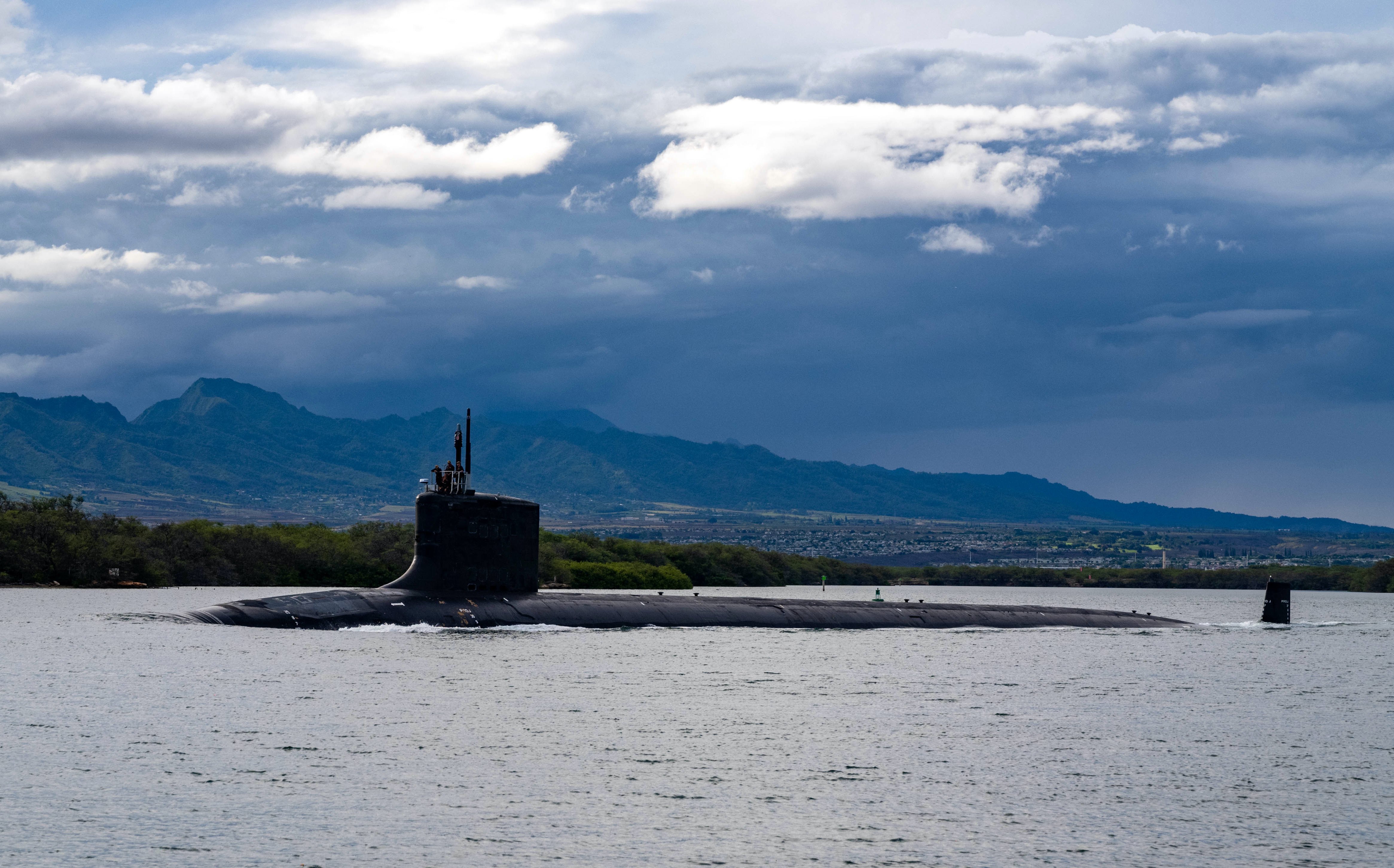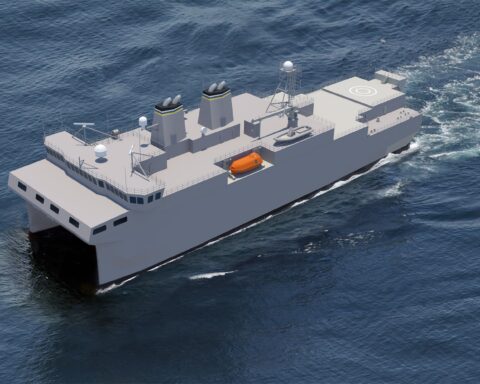The following is the March 6, 2023 Congressional Research Service report, Poland: Background and U.S. Relations.
From the report
Over the past three decades, the relationship between the United States and Poland has been close and cooperative. The United States strongly supported Poland’s accession to the North Atlantic Treaty Organization (NATO) in 1999 and backed its entry into the European Union (EU) in 2004. Poland made strong contributions to U.S.- and NATO-led military operations in Iraq and Afghanistan. Poland and the United States continue to work together closely on a range of foreign policy and international security issues, mostly notably in response to Russia’s invasion of Ukraine in 2022. In February 2023, U.S. President Joe Biden visited Poland for the second time in 11 months.
Response to Russia’s War Against Ukraine
Poland has been a leader in Europe and NATO in supporting Ukraine following Russia’s February 2022 invasion. Poland is one of the leading providers of military assistance to Ukraine, and it serves as the main logistics and transit hub for international assistance to Ukraine. Poland also has taken in the most Ukrainian refugees of any country. Polish leaders have urged the EU adopt the strongest possible sanctions against Russia. Poland’s support for Ukraine has raised Poland’s profile in Europe and NATO and deepened the U.S.-Poland security and defense relationship.
Domestic Political Situation
The conservative-nationalist Law and Justice party (PiS) has led the government of Poland since 2015. Mateusz Morawiecki (PiS) is Poland’s prime minister (head of government). The center-right Civic Platform (PO) is the largest opposition party. Poland’s next parliamentary election is due to occur in autumn 2023.
Andrzej Duda is the president of Poland (head of state). Running as the candidate backed by PiS, Duda won a second term in office in Poland’s 2020 presidential election.
Law and Justice has made changes to the country’s judicial system and enacted other reforms that have generated concerns about democratic backsliding and caused tensions between Poland and the EU. As a result, the EU has withheld approximately $38.9 billion in grants and loans that Poland applied for from the EU pandemic recovery fund. The Polish government has initiated measures that attempt to address the EU’s concerns, but the dispute remains unresolved.
Defense Modernization and U.S.–Poland Defense Cooperation
In 2022, Poland was one of nine NATO members to have met the alliance’s benchmark of spending at least 2% of gross domestic product (GDP) on defense. Following Russia’s 2022 invasion of Ukraine, Poland adopted legislation that sets defense spending at a minimum of 3% of GDP and calls for doubling the size of the country’s armed forces over the next five years.
Arms purchases from the United States play a central role in Poland’s armed forces modernization planning. Over the past five years, U.S. defense sales to Poland have included F-35 Joint Strike Fighters, advanced Patriot air and missile defense systems, High Mobility Artillery Rocket Systems (HIMARS), and Abrams main battle tanks. In addition, the United States has approximately 10,000 military personnel deployed in Poland. At the 2022 NATO Summit, the United States announced that it would establish a permanent headquarters in Poland for the U.S. Army’s V Corps to command U.S. rotational forces in Europe.
Energy Security
Poland has moved quickly to end reliance on Russia natural gas and oil imports, including by constructing a liquefied natural gas (LNG) terminal and a pipeline connecting Poland to Norwegian gas supplies. In 2022, Poland announced a deal with the U.S. company Westinghouse to build six nuclear reactors in Poland by the mid-2040s. Poland continues to rely on coal for more than two-thirds of its electricity generation.
Outlook and Issues for Congress
Given its role as a close U.S. ally and partner, Poland and its relations with the United States are of continuing congressional interest. The main areas of interest include allied efforts to deter further Russian aggression and support Ukraine, bilateral defense cooperation, the future of NATO, energy security, and concerns about governance and democratic backsliding.
Download the document here.





